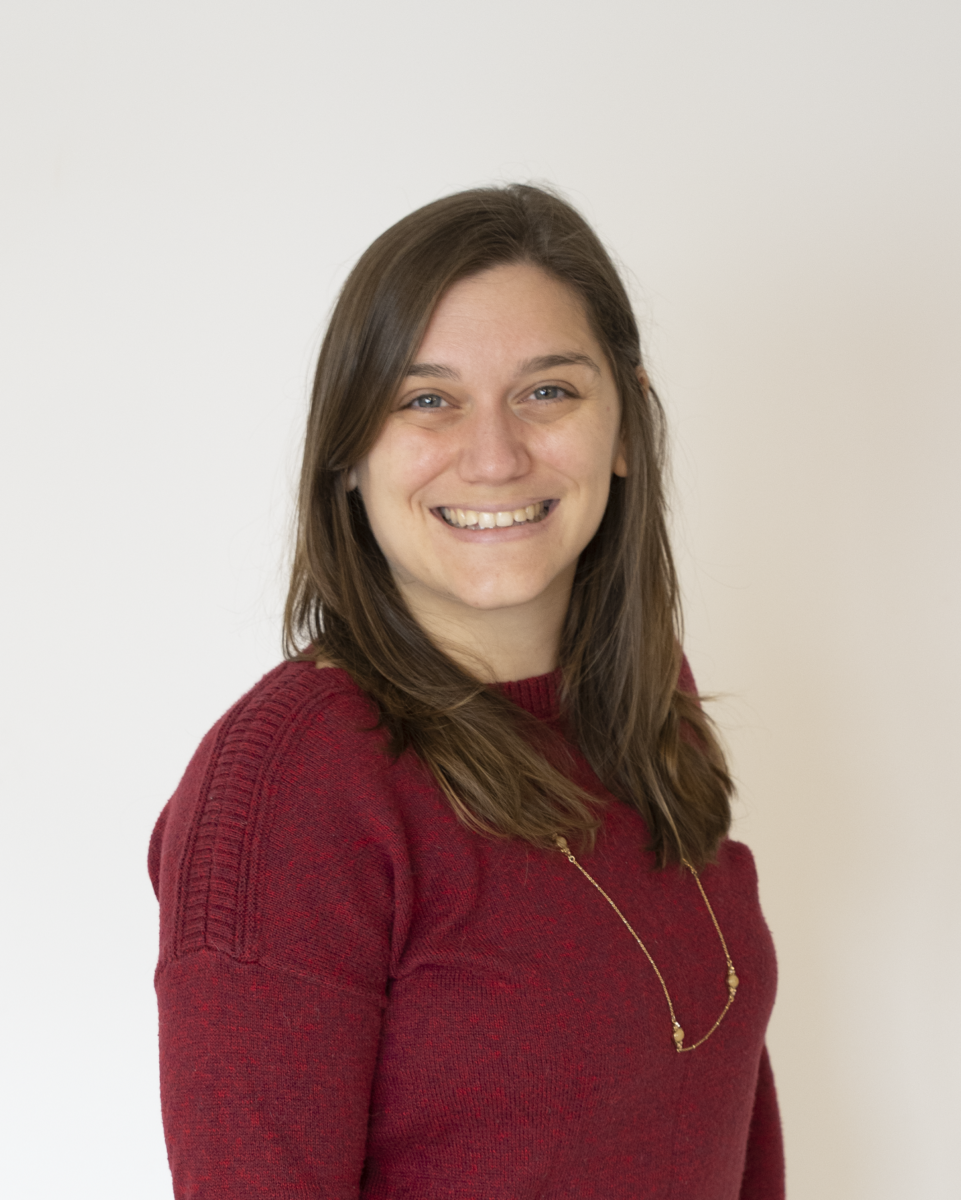Longer grant periods and less jargon: Funders and nonprofits are working toward a middle ground
 October 2, 2017
Category: Column, Featured, Funding, Long, Uncategorized
October 2, 2017
Category: Column, Featured, Funding, Long, Uncategorized
A rite of passage for grant writers is to submit your first five-page grant application that requires a full eight-hour day of work and coordination across multiple departments and programs that results in a maximum grant award of only $1,000.
Or, to achieve your character counts for online applications — I don’t think I will ever understand how someone can sum up their entire organization, areas of expertise, types of programming and key staff members in 500 characters or less (that’s less than four tweets!).
Grant writers have really hit their stride when they learn the heartbreak of receiving a grant of $50,000 to significantly expand a program by hiring a new staff person, only to have the funder say that you must take a year off between applications because they encourage grantees to diversify their funding.
Fair enough, but now you’re scrambling to develop another funding relationship on a short timeline so you don’t have to lay off your new staff member after one year and shrink the program again.
But wait! This isn’t a sad story, it’s an encouraging and empowering story. Despite our gripes, we on the nonprofit side do understand that smaller grant sizes means more organizations are being funded, and that long grant applications are in place so funders can really understand the nonprofits they may potentially fund.
I attended The Nonprofit Center at LaSalle University’s Meet the Funders event last week and walked away with an abundance of excitement that funders and nonprofits are working toward a middle ground. The panel showed that funders hear us too, and they’re making changes to their processes as a result.
The panel, moderated by The Nonprofit Center’s Laura Otten, featured Sarah Martinez-Helfman, new president of the Samuel S. Fels Fund; Hugh McStravick, VP of client and community relations at PNC; Wes Somerville, program officer for the Lenfest Foundation; and Heather Falck, manager of foundations and programs at Independence Blue Cross (IBX).
Some of the changes they discussed included:
- The Fels Fund will begin to give two-year grants for “focused populations” and arts and culture, in response to the need for nonprofits to budget and plan ahead. Now, grantees will have two whole years to build their networks and find sustainable funding should that funding not be renewed.
- Two funders on the panel (Fels and IBX) offer general operating funds. Two! General operating grants are like gold: It is rare that funders provide them, but they’re so, so necessary. I’ve attended these panels several times per year for many years, and I can’t remember more than one funder on previous panels (if any at all) offering general operating grants.
- Fels is also launching larger grant awards next year. Martinez-Helfman visited several hundred current and former grantees when she joined Fels, and based on that feedback, the fund will make larger grant awards in the future. Fels recognizes that its grant application is very detailed, and future grantees will receive grants commensurate with the time invested in the application.
- All four funders talked about the outcomes process and expressed policies that won’t create extra work for applicants. Often, as a grant writer, the hardest part is writing the outcomes section, because many funders ask for specific outcomes that may or may not match what you’re already tracking. Or, for smaller nonprofits, no outcomes are tracked and there aren’t resources to put that tracking in place, which can discount them from the application completely.
- The funders’ updated outcomes policies: IBX’s Falck said the team lets their grantees, as the experts, define outcomes and successes. Somerville at Lenfest said outcomes are mutually agreed upon after a grant has been awarded. PNC’s McStravick said the org will fund an outside consultant who can assist grantees with outcomes and expectations, if needed. Martinez-Helfman at Fels doesn’t call the process outcomes at all; rather, the team asks their grantees what success looks like and what indicators exist to show they’re on the path to success.
- Martinez-Helfman talked about Fels renaming the LOI (letter of inquiry, often a first step to a grant application, and a very jargon-y term for grant writers) to funding inquiry. The change was made so small or startup nonprofits with limited or no development staff will understand the terminology.
All four panelists also expressed a desire to build a relationship with grantees. They don’t want their first interaction with you to be an application!
Instead, they welcome phone calls (and called for patience when they aren’t responsive, as they often work on small teams), they look forward to site visits, they want to hear the truth about your work, they want you to read the website and the guidelines ahead of any conversations, and they especially want nonprofits to coordinate their efforts — McStravick said he once got calls from five different employees and departments at the same nonprofit in one week, all with different ideas.
I look forward to learning at the next panel that there will be increased flexibility with character counts.
Trending News










